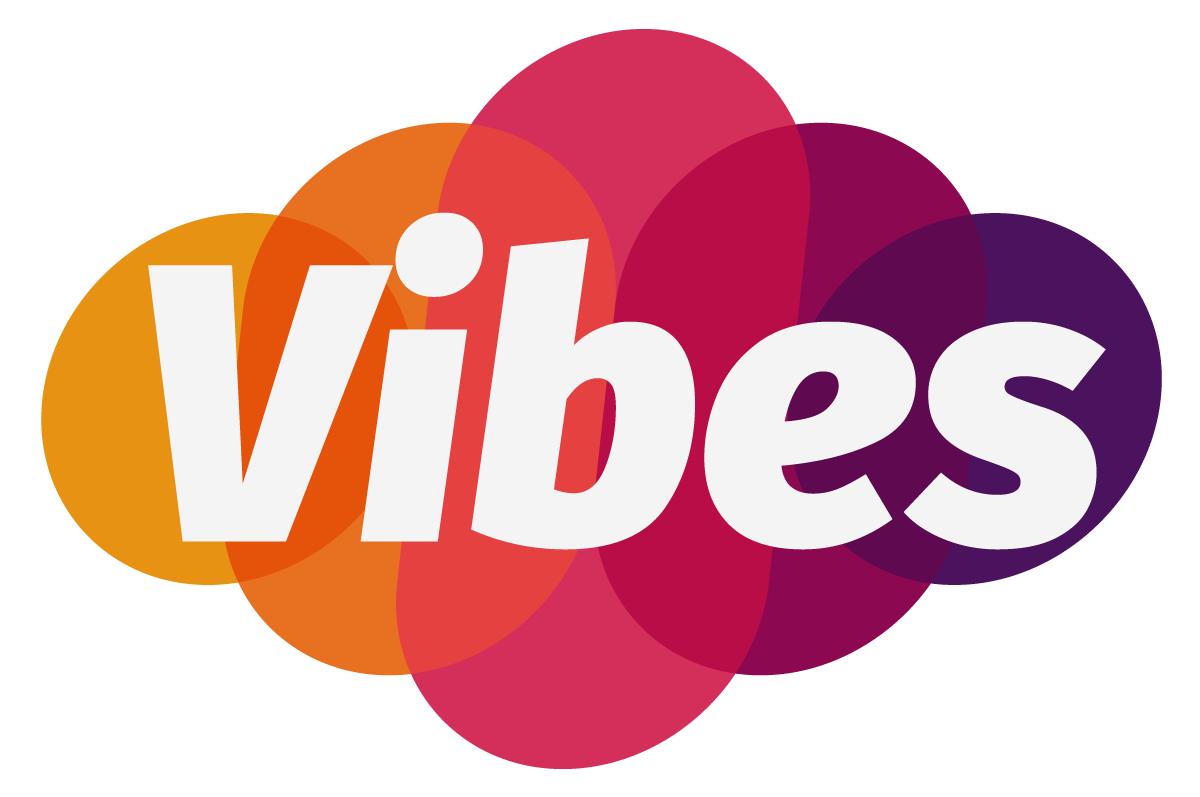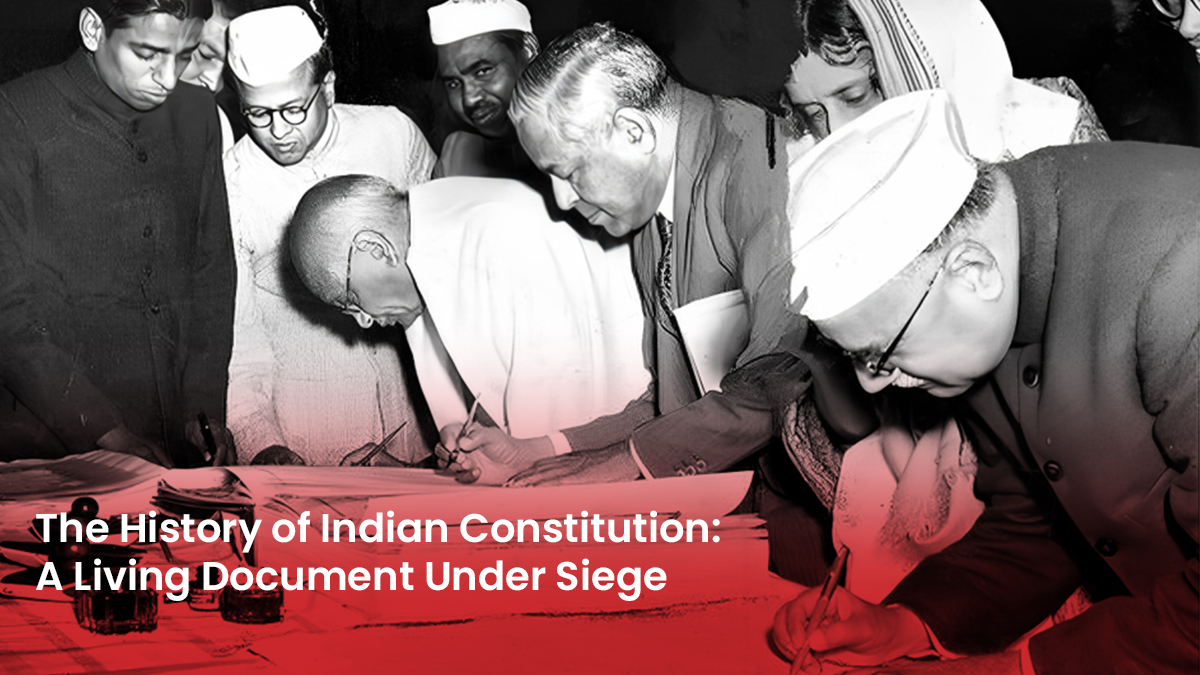When you are looking for career opportunities after school, you often find ITI; whether you have to work after school or go in for higher education, knowing the full form of ITI, what it is, and its importance helps you make an informed decision.
So, what is ITI, and why does it matter in your career? This blog describes the complete details of ITI full form, its meaning, courses, benefits, and exciting career prospects. Let’s get into it in more depth to learn more.
What exactly is an ITI course
An ITI course is a vocational training program meant to teach students various technical skills in specific areas. These courses are provided by the Industrial Training Institutes (ITIs) and aim at hands-on training.
Thus, it prepares the students for working in the fields of construction, electronics, mechanics, and much more. It is a program that has structured curricula that provide students with practical experience.
Most of the ITI courses last for six months up to two years, during which time students will specialize in specific fields, like electrician, fitter, plumber, or welder, hence making them get ready for jobs for specific roles in the industry.
What is the full form of ITI
Industrial Training Institute is abbreviated as the full form of ITI. This is a training institution, and the trainees get practice in different kinds of trades under an ITI course, so the trainees emerge as a skilled workforce, and gaining a proper knowledge of ITI course full form is an additional important factor.
This type of job-specific skills makes students ready to face the practical work world, which involves extensive coverage in several fields like electrician work, plumbing, carpentry, welding, etc. Upon completion of an ITI course, students are well prepared to pursue careers in different industries and meet the requirements of the job market with special skills.
Understanding more about an ITI course
An ITI education full form is designed to provide specialized vocational training in various fields, helping students learn specific skills for specific jobs. ITI courses focus on practical training rather than theoretical knowledge, ensuring that students gain hands-on experience in their chosen trade.
Whether you are interested in electrical work, automobile mechanics, or computer hardware, an ITI course can provide you with the necessary tools and expertise to enter the workforce. ITI courses not only boost technical skills but also make students job-ready, increasing their chances of finding good employment opportunities.
1. Types of ITI courses
The courses in the category of Industrial Training Institute (ITI ka full form)are of numerous trades. It can be classified under two broad heads namely Engineering Trades and Non-Engineering Trades. Different industries require different kinds of courses that equip them with actual hands-on experience.
I) Engineering trades
These courses will generally focus more on technical training about machinery, tools, and equipment. Such programs are provided to students looking for careers that fall under industrial lines such as manufacturing, construction, and the automotive industry. Among the commonest engineering trades include:
- Electrician: Major training encompassed electrical systems, wiring, and maintenance of electrical equipment
- Fitter: Assembly, fitting, and general maintenance of mechanical machinery and tools.
- Mechanic (Motor vehicle): Teaches in the upkeep and repair of motor vehicles and other machinery
- Turner: Worker, including dealing with metals where lathes and machines are used in the shaping or formation of parts
II) Non-engineering trades
The ITI courses of non-engineering streams are ideal for those students who are interested in fields not directly involving machinery or technical work. Such skills are related to areas like office administration, hospitality, and textiles. Some of the examples of non-engineering trades are as follows:
- Stenography: It teaches shorthand writing, typing, and the management of the office.
- Dress making: It teaches the designing, stitching, and tailoring of clothes.
- Secretarial practice: It is offered to acquire knowledge of office administration, communication, and clerical work.
- Catering and hospitality: It prepares students for careers in the food industry and hospitality sector, such as food preparation and service.
2. Duration of the course
An Industrial Training Institute (ITI full form in English) course typically takes from 6 months to 2 years. However, it also depends upon the trade and complexity. Trades that require basic knowledge of computer hardware or basic electrical work are finished within a relatively short time frame. The engineering course would be much longer in duration.
3. Admission Procedure
The ITI admission process is relatively not complex, although it may be slightly different depending on the institutes. Here’s a general description of the admission procedure for the ITI program:
Eligibility test
Before applying to the ITI courses, candidates must ensure eligibility. Most of the institutes insist that the students have passed Class 10th standard from any recognized board.
Application form
After verifying eligibility, you have to fill out the application form. You can apply either online on the official website of ITI or in person from the institute. The application asks for basic personal information, academic qualifications, and preferred courses.
Entrance exam (if applicable)
Many Industrial Training Institutes (full form of ITI course) take an entrance test to test the candidate’s skills and knowledge. The entrance test may include topics like mathematics, science, and general knowledge subjects. Some institutes directly take admission based on the 10th-grade marks, so check that from the institute regarding the requirements.
Merit list and selection
Based on your exam performance or 10th-grade marks, ITIs will prepare a merit list, and knowing the ITI education full form is a plus point. Candidates who are selected will be notified and asked to complete the next step in the admission process.
Document verification and fee payment
Once a candidate is selected, he has to submit documents for verification purposes. These usually include academic certificates, age proof, and category certificates if necessary. After successful verification, the candidate will be required to pay the course fee to confirm admission.
Classes commencement
After all formalities are over, classes will start according to the schedule of the institute. Students will receive theoretical and practical training as per their course selection.
Eligibility criteria to apply for ITI
For any course in an ITI, a candidate must be eligible to apply. There may be minute differences in eligibility criteria according to different courses or trades, but overall, all institutes follow these criteria. So here’s what you need to know to become eligible for ITI:
- For most ITI courses, the minimum qualification required is Class 8, whereas for engineering trades, it’s Class 10
- The minimum age is 14 years, but the maximum is about 40 years, depending on the course
- Most ITI courses require Indian citizenship. Some institutes take candidates from foreign countries as well
- For certain courses, such as engineering, a candidate is expected to be fit in his or her body due to the nature of work
- Additional requirements may be there for specific trades, like prior knowledge in relevant subjects or practical skills
- Relaxations in age and qualifications are available for candidates from reserved categories (SC/ST/OBC) as per government norms
Top ITI colleges in India
Industrial Training Institute (ITI full form) is the backbone of vocational education in India. ITIs provide much-needed training for students, allowing them to practice various trades. These institutes train students to acquire skills required for specific industries like engineering, health care, and information technology.
The full form of ITI is the Industrial Training Institute, which imparts practical skills and hands-on experience with the recognition of the government. These institutes are distributed all over the country, with multiple courses that target varied sectors of the economy. The best ITI colleges in India provide excellent infrastructure, skilled trainers, and job placement support to the students.
Here’s a table listing some of the top ITI colleges in India along with their location and the courses they offer:
| College name | Location |
Courses offered |
|
ITI, Mumbai |
Mumbai, Maharashtra | Electrician, Fitter, Plumber, Mechanic (Motor Vehicle) |
| Dr. B.R. Ambedkar ITI | New Delhi |
Computer Operator, Electronics, Draughtsman |
|
National Institute of Technology |
Srinagar, Jammu & Kashmir | Turner, Welder, Painter, Mechanic (Motor Vehicle) |
| Government ITI | Pune, Maharashtra |
Tool and Die Maker, Electronics Mechanic, Welder |
|
Ludhiana ITI |
Ludhiana, Punjab | Electrician, Mechanic Diesel, Stenography |
| Chennai ITI | Chennai, Tamil Nadu |
Mechanic (Motor Vehicle), Computer Operator, Draughtsman |
|
ITI, Bangalore |
Bangalore, Karnataka | Painter, Electrician, Machinist, Plumber |
| West Bengal State ITI | Kolkata, West Bengal |
Electrician, Fitter, Welder, Mechanic |
|
Government ITI |
Ahmedabad, Gujarat | Machinist, Fitter, Turner, Welding |
| Kerala ITI | Kochi, Kerala |
Electrician, Refrigeration and Air Conditioning |
Conclusion
The full form of ITI course stands for Industrial Training Institute, a pivotal part of India’s vocational education system. Through various specialized courses, ITI helps students gain the necessary skills to enter the workforce and contribute to numerous industries such as manufacturing, construction, and automotive.
Whether it’s an ITI electrician full form course or training in other technical or non-technical trades, ITI offers a comprehensive pathway to skill development. The ITI education full form emphasizes practical knowledge, ensuring students are job-ready upon completion.
Institutes across the country provide various courses that suit different interests, giving students ample opportunities to pursue careers that match their strengths. Therefore, understanding the ITI full form and the vast array of training programs available can guide prospective students in choosing the right path for a successful career in the industry of their choice.

























